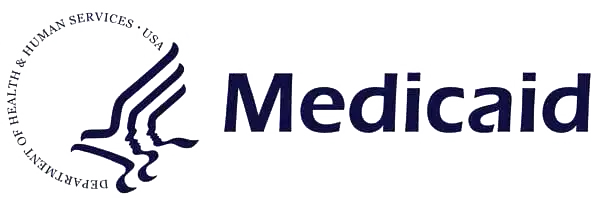Suicide Risk Assessment
Therapy Treatment Team is not a suicide intervention, psychiatric hospitalization, or inpatient facility. For emergencies, dial or text 988, call 911, or visit a psychiatric crisis unit or emergency room.
A Suicide Risk Assessment is a clinical evaluation to determine suicidal thoughts, behaviors, and risk. It helps professionals create safety plans and determine appropriate care.
Start Today!
Availability
In-person or telehealth
Depending on urgency, age, and safety considerations.
Booking
Same-day or next-day
Assessments are prioritized for individuals reporting suicidal thoughts.
Duration
60-90 minutes
Sessions typically
last 60–90 minutes.
How Can These Assessment Techniques Improve Your Life?

Identify the level of risk and need for support before a crisis escalates, ensuring safety and connection.

Reduce feelings of isolation and hopelessness by validating distress and offering immediate, compassionate help.

Create a clear and collaborative safety plan to manage suicidal thoughts and promote emotional stabilization.
Where Can I Take This Evaluation and How?
We offer outpatient suicide risk assessments at multiple convenient locations, including our Naples, Fort Myers, Tampa, and Southwest Florida (SWFL) offices.
Ready to take the next step? Call us at 239-537-9646 or Fill out our Scheduling Form to get started today.
- (239) 688-2781
-
12811 Kenwood Lane
Fort Myers, FL 33907
Suite 213: Therapy
Suite 201: Psychiatry
- (239) 365-2258
-
2345 Stanford Ct.
Naples, FL 34112
Suite 602: Check-In
We accept insurance
We accept major commercial insurance providers and Medicaid.















Frequently Asked Questions (FAQ) about Suicide Risk Assessment
What is a suicide risk assessment?
It is a professional, clinical process used to evaluate whether someone is at risk of self-harm or suicide and to determine the level of intervention and support required.
Who conducts suicide risk assessments?
Licensed mental health professionals—such as therapists, psychologists, or social workers—trained in crisis assessment and intervention, conduct these evaluations.
What situations require this kind of assessment?
- Expressing suicidal thoughts or plans
- Recent suicide attempt or self-harm
- Changes in behavior, mood, or functioning
- Requests from concerned family, schools, doctors, or legal systems
- Emergency or follow-up evaluation after psychiatric hospitalization
How can this assessment improve someone’s life?
It helps create a path toward safety and recovery, allowing individuals to receive immediate care, feel understood, and gain access to services that reduce risk and emotional pain.
What does the evaluation involve?
- Clinical interview covering mood, thoughts, behavior, and support systems
- Assessment of suicidal ideation, intent, means, and protective factors
- Use of standardized tools (e.g., Columbia-Suicide Severity Rating Scale)
- Risk level classification (low, moderate, high)
- Development of a safety and care plan
What can I expect during the assessment?
The therapist will ask compassionate, clear questions to understand what you’re going through. You will not be judged or rushed. The goal is to support and protect, not punish.
How long does the assessment take?
Typically 60–90 minutes, though urgent situations may be abbreviated or followed by crisis coordination. After the assessment, therapists provide next-step referrals, safety planning, or initiate crisis intervention as needed.
Is the assessment confidential?
Yes—except in situations where there is imminent risk of harm, in which case clinicians may notify emergency contacts, hospitals, or crisis responders to ensure safety, following legal and ethical guidelines.
How can I begin a suicide risk assessment?
Getting started is simple. Just complete our Scheduling Form or give us a call at 239-537-9646.
Our team will match you with a provider who specializes in suicide risk assessment and guide you through the process of scheduling your first appointment.
If you or someone you know is in immediate danger, dial or text 988, call 911, or go to the nearest emergency room or psychiatric crisis stabilization unit.
We’re here to support you every step of the way.
